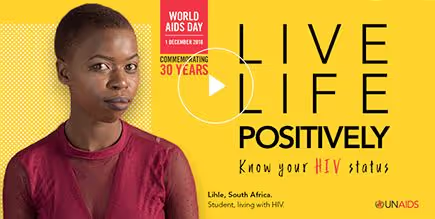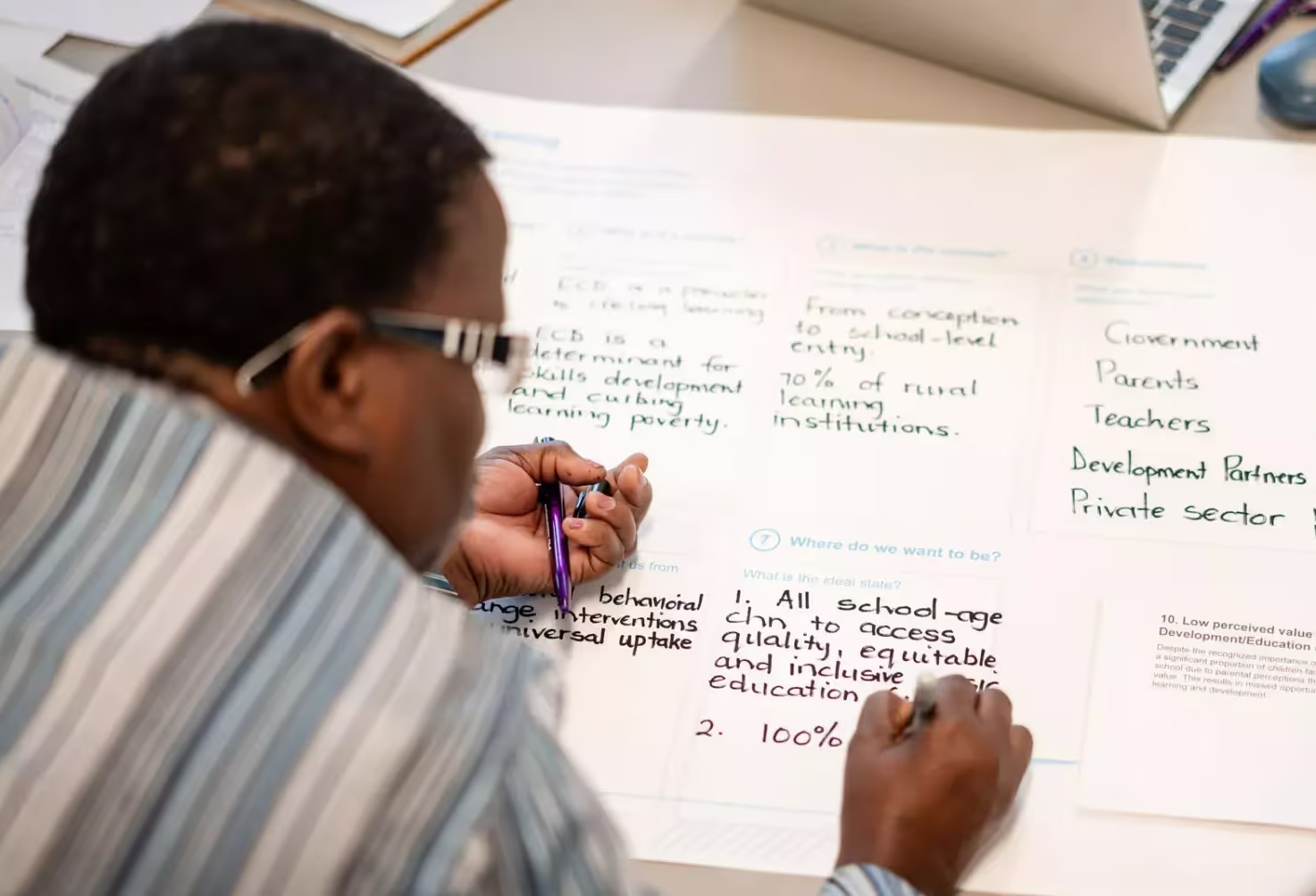360HIV - Know Your Statuss

Using the latest VR technology, UNAIDS partnered with Google to create films in order to demystify HIV testing. With goggles that viewers can wear for a full VR experience, the aim is to reach young people who may want to know their HIV status but are afraid or worried about taking an HIV test. In the films, a group of talented young people re-enact several scenarios of a young woman’s journey to find out her HIV status. Going from her home to a local health clinic, the films allow viewers to explore different settings through a 360-degree experience. The films were released for World AIDS Day 1 Dec. on the UNAIDS website and in South Africa at the big Global Citizens Festival as well as at a VR conference in Amsterdam.


.avif)

